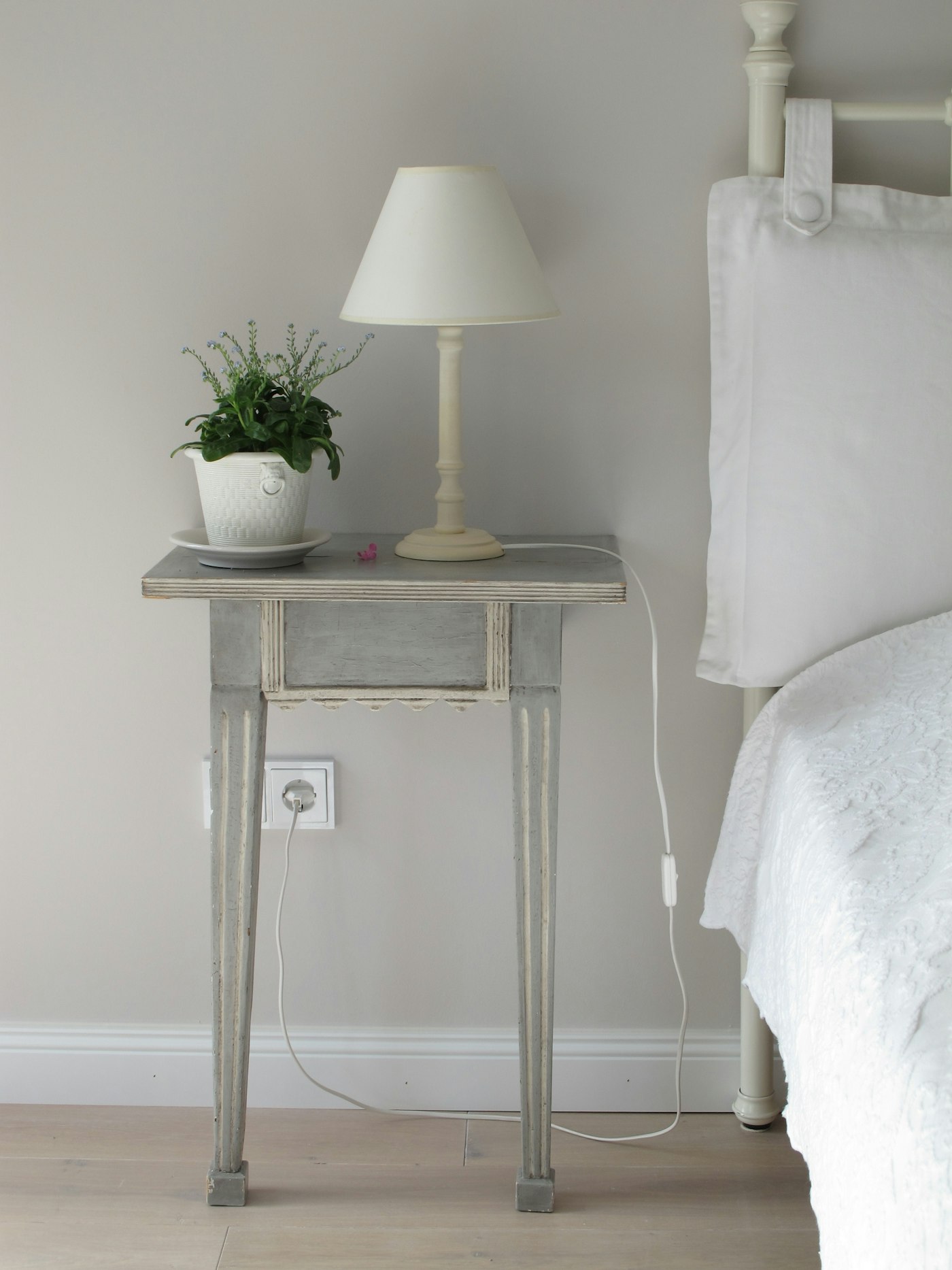
You’ve spent a good 30 days on an altered schedule of little sleep, limited calories and water, as well as a sleep deficiency and you’re wondering how you’ll ever get back into fitness. That’s a common concern for Muslims that fast for the month of Ramadan and choose by default to limit how much they work out during the month. Given the intensity of a long fast, it is natural to slow down and expect less from our bodies. In fact, it is really important to maintain a good balance by slowing down. So where do you start after Ramadan? Your body is (hopefully) feeling recharged after the month as you have cleansed your system from toxins and have given your digestive system a break. You’re also probably doing really well with limiting caffeine, but where do you start with fitness? Here are a few guidelines you can use to get back into a sensible workout routine.
Goals, goals, goals
Think about where you want to be in your fitness and be kind to your body. Where were you before Ramadan in terms of your training? The great thing about starting afresh is that you can look at where you were and find a path to greater and more enjoyable fitness. I know that it seems daunting starting again after a month of not doing much, but trust me, your body bounces back in an amazing way! Just trust the process of change and allow yourself to become a total beginner in the gym or home space. Then create some goals for your wellbeing. Do you want to get stronger in the upper body? Squat heavier? Swim faster? My advice would be to incorporate a range of different activities for a well-balanced exercise routine. Cardio, strength training and conditioning are all important. Think about your goals and how you can set some manageable ones for the future. You’re starting afresh!
Slow and steady wins the race
As easy as it is to head straight to a gym and pound the weights and run a million miles the first week, it is not a sensible plan. You’ll risk injury and considerable DOMS (Delayed Onset Muscle Soreness). It is, therefore, better to start with a lower intensity than what you used to do, such as a brisk walk or jog on the treadmill instead of a spin class. Or lower the intensity of your strength training by reducing the number of weights you use. Start slow and build your strength gradually. No brainer!

Hydration
You’ve spent a month not drinking very much water or drinking most of it in a small period of time. It is time to reverse this and do the opposite of what you did in Ramadan and that means rehydrating and making sure your water levels are up. Get a bottle if you need to, and fill it with slices of lemon or fruit to make it taste of things you like. Drink decaf tea or coco water – whatever you need to do to keep the water levels up. This will aid your recovery from the fasting as well as ease you into exercise.

Eat the rainbow
If you’ve been a part of my Ramadan Health Challenge, you will know that eating colours of the rainbow is vital to good health. You need whole foods from a broad range of colours so choose your meals wisely so that you fuel your workouts with good food. Ensure that you are eating enough protein and carbohydrate if you are working out again. You can check portion sizes online to see what may be suitable for you but normally a palm-sized portion of protein is plenty per meal.

Sleep!
Ramadan can be so tiring as sleep is broken and so minimal. As human beings, we crave routine and normality so what a great way to bring ourselves back into a normal carcadian rhythm by just sleeping! By just listening to our bodies and sleeping when we need to, we can come back into a state of balance. There is no set definition of how much sleep you should be getting but listen to your body and find a way to wind down the evening with a bedtime routine. Factor some meditation into your evening as this can really help wind you down and give you good quality sleep.
Remember that Ramadan is a pause and should not encourage us to become sedentary. By all means, take a break from moving if you need to but don’t stop right there. Use the break to recover and allow your body to re-energise so that you can go back STRONGER. Stillness is beautiful if you just trust the process. Go for it girl!
Zahra Khimji
Zahra Khimji is a Level 3 Pilates Instructor associated with Body Control Association, Europe’s largest network of Pilates instructors and is also a Les Mills UK Body Balance Instructor. She is currently training to be a Level 3 Personal Trainer and has a passion for helping women achieve greater wellbeing. You can reach her on Instagram or Facebook.
